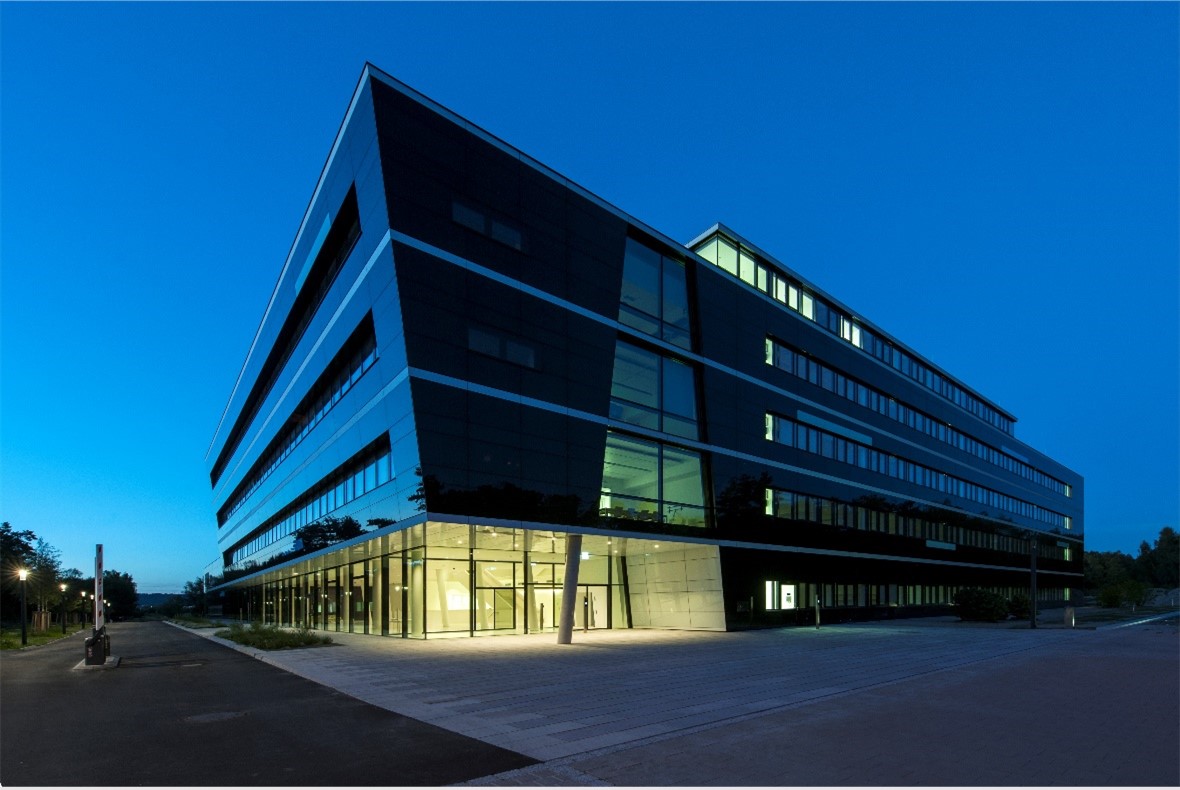It’s official: scientists at the Max Planck Institute for the Science of Light (MPL) in Erlangen, Germany and members of the research group Optics of Nano and Quantum Materials – (Structured) Light, Sound and Matter (OpNaQ) at the University of Graz will now work even more closely together and conduct joint research.
The group OpNaQ covers a wide range of topics, from bio- and nanophotonics, photoacoustics, laser-ultrasonics, magneto-optics, and integrated photonics to sensing, nano-metrology and the study of exotic optical materials. Structured light, sound and matter and their mutual interactions play a pivotal role in many of these research areas.
The MPL is one of 84 independent institutes and facilities of the Max Planck Society, and covers a wide range of topics related to the physics of light. The emeritus group of Prof. Gerd Leuchs, founding director of MPL, has a strong expertise in classical and quantum optics.
In the framework of the official cooperation agreement, Prof. Gerd Leuchs, Director Emeritus at MPL and President of the scientific society OPTICA (formerly known as OSA) and Prof. Peter Banzer, head of the OpNaQ group and the Christian Doppler Laboratory for Structured Matter Based Sensing at the University of Graz plan to intensify their collaborative research related to structured light-matter interactions at the nanoscale. This step will also facilitate the exchange of scientists and group members to conduct research in the labs of the participating partners.
Contact: Peter Banzer; Optics of Nano and Quantum Materials (website)
